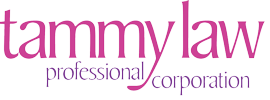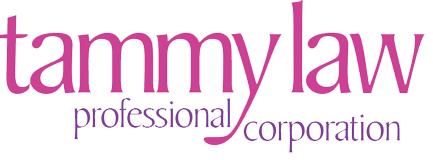After 2 years, and the review of more than 1200 cases, the Motherisk Commission came out with its report yesterday. The Report is required reading for everyone who has any role to play in child welfare – social workers, lawyers, courts, litigants. It describes a system that is dysfunctional, unfair, and undignified. In addition to its criticism of how CASs have handled drug addiction, the Commission details years of rights infringements by courts. If the same problems were identified in criminal court, there would be a huge public outcry. But for some reason, we value the guilt or innocence of criminals more than the survival of families and children. We have let this go on for more than 20 years.
I want to be clear about what I think some of the fundamental problems are and how I think we can start to change this system. Because I am first and foremost a lawyer, my thoughts naturally focus on the role of lawyers in this mess. My thoughts are summarized as follows:
- As lawyers, we need to recognize that good intentions are not enough. It is really easy to hide behind “the best interests of the child” and agree or acquiesce to all types of infringements of our clients’ basic human and Charter rights. This needs to stop. Lawyers need to start seeing their role in the context of defending our clients’ very real rights to human dignity and security of the person.
- The culture of cooperation has gone too far. While I agree that it is very very important to work with the Children’s Aid Society to address their concerns, a line must be drawn when they demand cooperation that crosses the line. As a state agent, the Society has an obligation to ensure that it works in the most minimally intrusive way possible – respecting the client’s right to individual freedom while trying to ensure that its clients are served. This is a difficult job. Lawyers and courts should be there to ensure that the fine line is respected.
- Society counsel need to understand that they have a public interest role. They should be providing advice to their clients in the context of being a public interest litigant. They have a duty to the court to be fair. This means that if unreliable evidence is being tendered (and there were many signs of this with respect to the Motherisk testing), they should be advising their clients about the unfairness of relying on it. Lawyers are and should be gatekeepers of evidence as much as courts are.
- We need to be more vigilant. As noted in the report, our role as advocates is to raise every defence possible for our clients. Our clients are often extremely vulnerable, having lived lives that were challenged by multiple obstacles. Many have made admirable attempts to parent their children. We need to be fearless in our advocacy for them. As a lawyer, I have experienced and seen derisive, sarcastic, or rude comments directed at myself and other lawyers who attempt to defend their clients. This needs to stop. It’s our client’s right – their children’s right – that they have a full defence.
You can read the full report here.
Full disclosure: I was outside counsel to the Motherisk Commission. These views do not in any way reflect the views of the commission, and are my own personal views only.


Comments are closed.